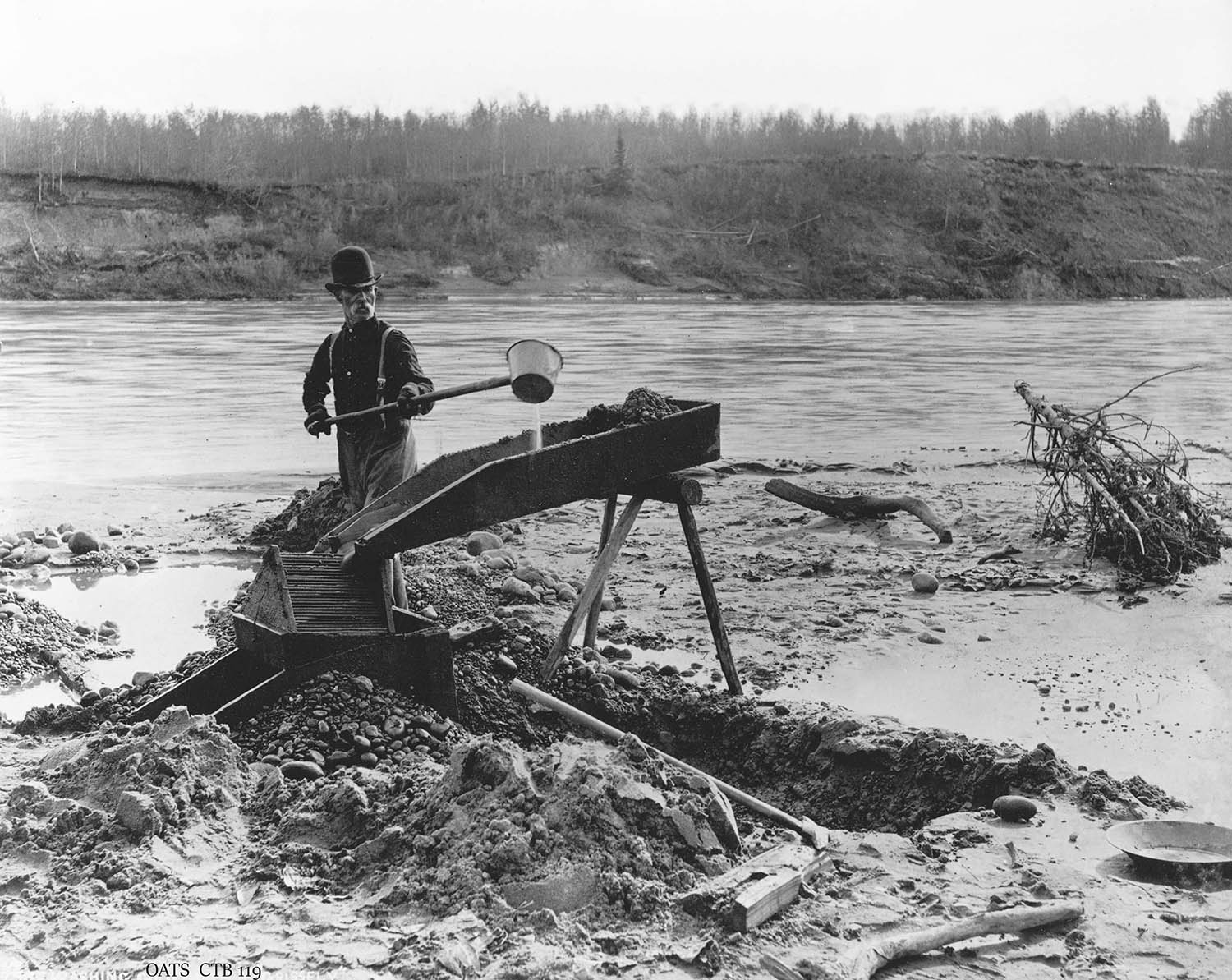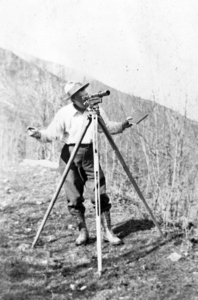Reference


Moonshot's Answer
Walter Moberly played a significant role in the development of British Columbia. As a civil engineer and surveyor, he was involved in several key projects that shaped the region:
-
Construction of the Cariboo Road: Moberly was instrumental in the construction of the Cariboo Road, which was crucial for connecting the British Columbian interior to the coast and facilitating the gold rush. This achievement is highlighted in the article titled "WALTER MOBERLY - THE MAN WHO OPENED THE WEST" [2].
-
Discovery of Eagle Pass: His most influential contribution was the discovery of Eagle Pass through the Gold Range of the Monashee Mountains, which provided a vital route for travel and trade. This is mentioned in "The Story of Walter Moberly and His Share in the Making of Vancouver" [6].
-
Superintendent of Public Works: In 1859, Moberly was appointed Superintendent of Public Works in British Columbia and was tasked with founding the capital of the colony, Queensborough, now known as New Westminster. This information is available in "Memorable Manitobans: Walter Moberly (1832-1915)" [3].
-
Surveys for a Transcontinental Railway: Moberly assisted the Canadian Government with surveys of the Gold, Selkirk, and Rocky Mountain ranges for a proposed trans-continental railway, which was a significant step towards national unity and development. This is detailed in "Moberly, Walter | Biographical Dictionary of Architects in Canada" [7].
-
Educational Impact: Walter Moberly is also remembered for the establishment of Walter Moberly School in Vancouver, which began in 1877, indicating his contribution to education in the region. This is noted in "Trueborns — Walter Moberly is Vancouver's second oldest school..." [11].
Images related to Walter Moberly and his contributions can be found in various sources, including historical photographs and maps that depict his surveys and the areas he helped develop [14].
In summary, Walter Moberly's work in engineering, surveying, and public service was pivotal to the early development and growth of British Columbia. His contributions to infrastructure, particularly in transportation and education, have left a lasting impact on the province.
Follow Up
Related
What is the significance of the British New Wave movement?
What are the major awards given in British cinema?
Which genres and movements have been significant in British cinema?
What are the distinctions between the different levels of the British awards?
What organizations are important to the development of British film?